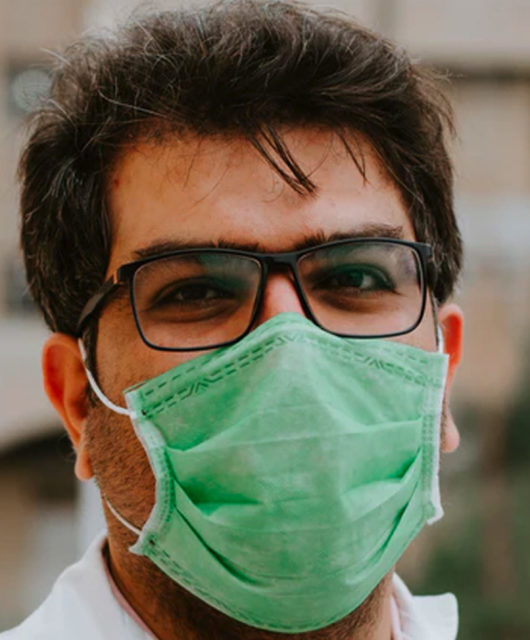It’s “R U OK? Day” today, let’s talk about it.
Let’s be real, we should always make a conscious effort to check in with our friends and family members. However sometimes life just happens and we just simply forget.
That’s where “R U OK? Day” steps in; an initiative started in Australia in 2009 to highlight the importance of supporting the people around you, in hopes to increase suicide prevention. The founder of this well-known but newly recognised day is no other than Gavin Larkin; the son of much loved Barry Larkin, who was far from okay. Barry’s suicide in 1995 left his family and friends in deep grief and with endless questions. This tragic event sparked a collaboration in the forms of a documentary, which quickly evolved into the nationally recognised day we know today as R U OK? Day.
By R U OK? Day in 2011, 80% of Australian’s knew about R U OK? Day. And sadly Gavin passed away from bone cancer just one week later. Leaving his wife and three kids to carry on his legacy.
Over the past decade they have successfully inspired and empowered everyone to meaningfully connect with people and ask those three simple words. However this year, their focus is on building confidence and increased skills for people so they know how to navigate a conversation if the answer is “NO”. This couldn’t be more relevant right now, as 2020 has been such a challenging year for everybody.
According to studies put on by RUOK?, they have found that 31% Australians lack confidence or are unsure how to have a conversation with someone who not OK. Katherine Newton, the CEO of R U OK? Says that they “want to help them learn what to say after R U OK? Because a conversation could change someone’s life”.
Here are a few helpful tips on behalf of R U OK? Day, their full guide can be found here.
1. Ask R U OK?
Or you could say something like:
– “You don’t seem yourself lately – want to talk about it?”
– “You’ve got a lot going on right now. How are you doing?”
– “With everything that’s going on, you’ve been on my mind lately, how are you?”
2. Listen
You could say:
– “What’s been happening?”
– “Have you been feeling this way for a while?”
– “I’m here to listen if you want to talk more. Take your time, I’m here for you.”
3. Encourage action
You could say something like:
– “What can I do right now to support you?”
– “Have you spoken to your doctor or another health professional about this?”
– “Is there anything you’ve tried in the past when you’ve felt like this, that’s made you feel better?”
4. Check in
You could say:
– “I would like to keep checking in with you, is that OK?”
– “Do you need more support?”
– “Have things improved or changed since last time we spoke?”
Please take the time to read the full guide listed here, and ask others those three simple words, it could change someone’s life.








